Khulan M.
/ September 23, 2024
Evariste Kouassi-Komlan: Continuous Learning is Crucial for Leadership
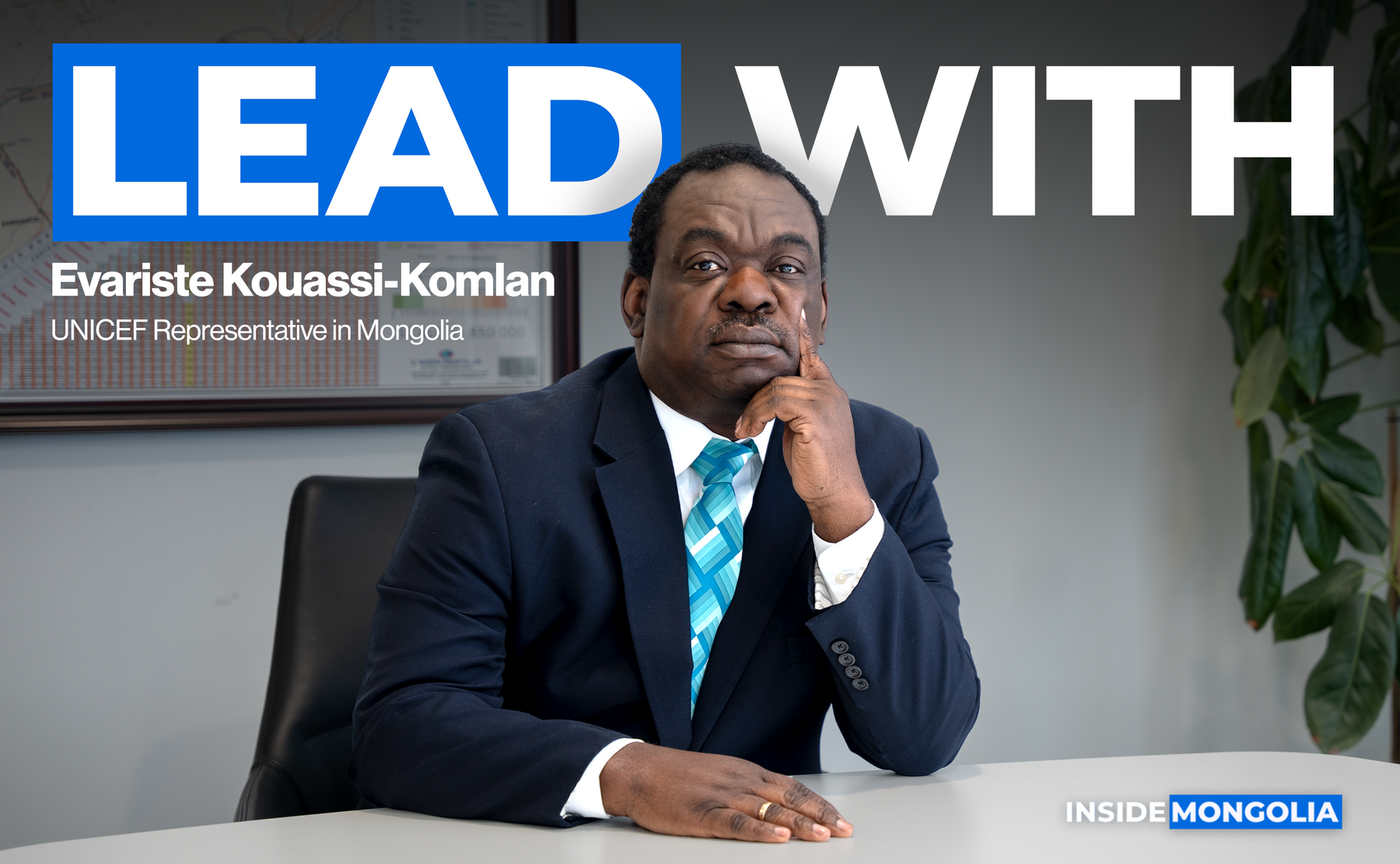
Welcome to the inaugural edition of Inside Mongolia's Lead With series. In this feature, we proudly spotlight Evariste Kouassi-Komlan, Resident Representative of the United Nations Children's Fund (UNICEF) in Mongolia. Join us as we delve into his profound insights on leadership, explore his management techniques, and uncover the strategies that have shaped his remarkable career and impactful contributions.
Before his current role, Evariste Kouassi-Komlan deputized and led the Water Sanitation and Hygiene programs in UNICEF's Global HQ in New York and served as the Regional Adviser in Bangkok. In just 2 years in Mongolia, Evariste has traveled to all 21 provinces, gaining a deep understanding of the country's unique challenges and needs. His career also spans work in Madagascar and Burkina Faso, where he managed large-scale programs and innovative projects.
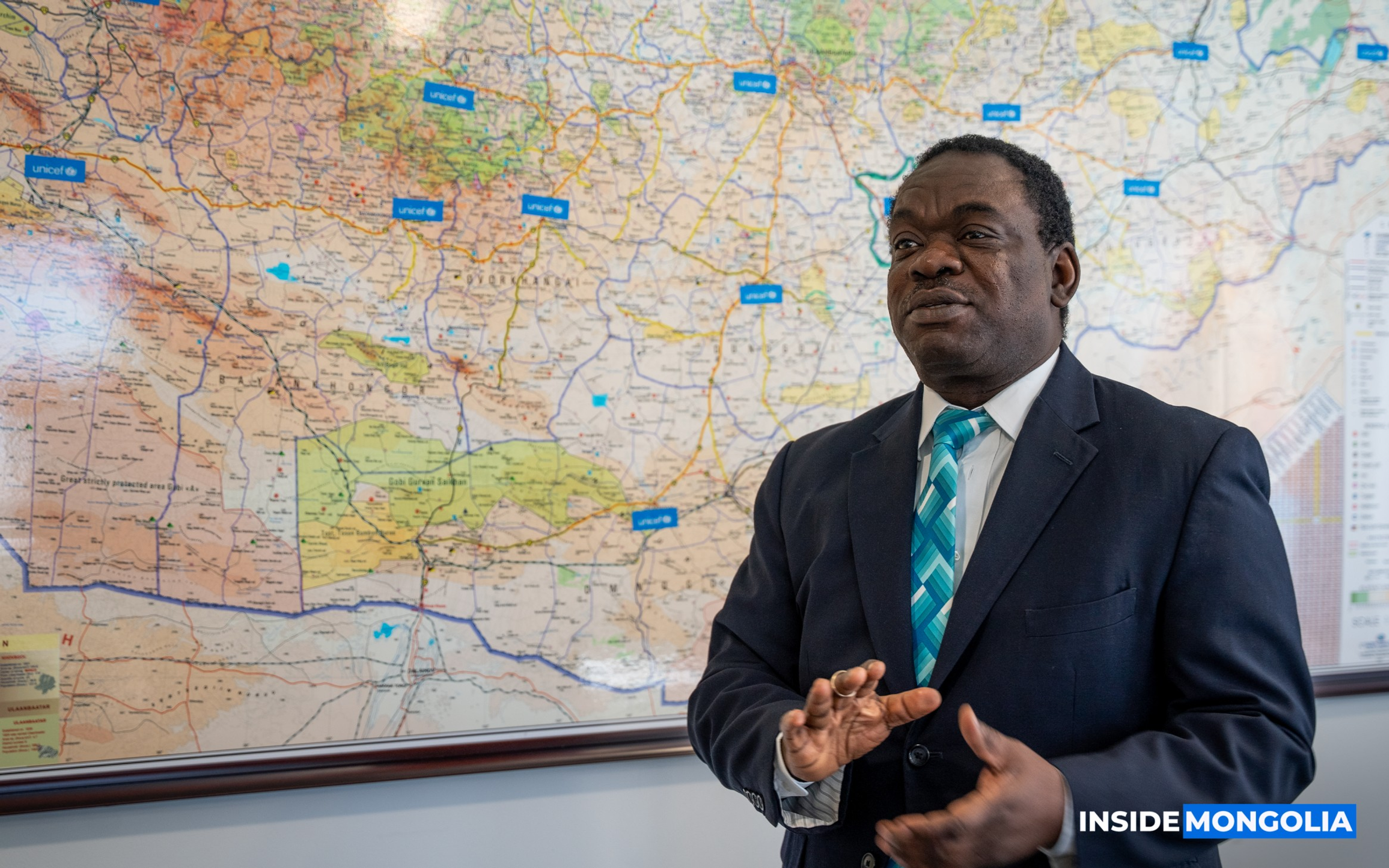

- My most recent education focused on Commercial Negotiation, which I thoroughly enjoyed.
- Special degree in Senior Leadership and Development Programme (SLDP), Judge Business School, University of Cambridge, UK.
- Master of Science in Water and Sanitation Urban Utility Management from UNESCO IHE-Delft, Netherlands, covering management of utilities, process monitoring, evaluation, financing, and cost recovery.
- Master of Engineering in Sanitary Engineering from UNESCO IHE-Delft.
- Bachelor’s Degree in Hydraulics and Rural Equipment from Group EIER/ETSHER, Interstates Engineering School in Ouagadougou, Burkina Faso.
- Multiple courses in financing, environment, and climate change.
- Bachelor of Science in Water and Sanitation Infrastructure Development.

Before joining UNICEF in 2008, I led external support initiatives across 24 countries in Burkina Faso, focusing on research, innovation, and strategic partnerships. Earlier in my career, I developed water systems for agriculture, including dams for elephant conservation. I also conducted a program efficiency analysis for large onion production farms and provided consultancy for various institutions, including the World Bank, the African Development Bank, and the Bill and Melinda Gates Foundation governments, utilities, and international resource centers.
Prior to my role in Mongolia, I advised on WASH in Bangkok and led global water programs from UNICEF HQ in New York, managing funding, talent, and partnerships for impactful results.

How would you describe your leadership style and philosophy?
My leadership style is transformative and people-centered. I focus on encouraging and motivating individuals to reach their full potential and drive transformational change in the lives of children. This involves fostering psychological safety, emotional intelligence, compassion, and empathy.
One specific example of this leadership style in action was the expansion of our program from 3 provinces to 21 provinces in Mongolia. This required rallying the team around a unified vision and supporting them through the transition. I prioritized open communication, creating an environment where feedback was not only encouraged but welcomed.
After a year, this approach has led to successful implementation in all 21 provinces, with substantial support and investment from local authorities. This change is expected to significantly impact the children’s well-being in the coming years.
Could you share how you typically plan your work week and the average number of hours you work daily?
I work less than 78 hours a week, sometimes 9 hours a day, which is normal for leaders. My week kicks off with a 45-minute meeting on "WhatsApp." It’s a time when the entire staff gathers to reflect on the past week and outline plans for the upcoming one. It’s an open forum where everyone can share updates, ask questions, and suggest ideas that might engage the management or the broader team. It’s about fostering collaboration and ensuring everyone is on the same page. It is also a place where innovative solutions are discussed.
Then, at the end of the week, I host the "Friday Cafe." This is a more casual space where colleagues can drop in to talk about anything, from basketball games to serious work discussions. It’s a mix of both light and meaningful conversations, and it helps us maintain a strong team dynamic.
Throughout the week, I attend various meetings and events, whether visiting kindergartens or meeting high-level officials. Additionally, I spend a significant portion of my time, often 2 or more hours a day, learning and staying updated on management techniques and industry trends. Since I manage a broad portfolio that spans health, nutrition, child protection, education, and social policy, staying on the cutting edge of information is essential.
In your opinion, what is the most essential quality for a leader, and how has it influenced your career?
In my experience, the most critical quality for a leader is the ability to build trust. Trust is the foundation of a motivated, cohesive team working toward a common goal. Throughout my career, I’ve worked to create environments where systems are effective, and colleagues feel supported and valued.
When I began my role in Mongolia, I provided regular updates on my first 30, 60, and 90 days in Mongolia to foster transparency and align the team with our vision. Effective listening, communication, understanding organizational culture, keeping commitment, and ongoing learning are key to maintaining trust.
How do you view the concept of work-life balance, especially in a rapidly developing country like Mongolia?
The idea of work-life balance, often seen as a Western concept, is actually about the link between work and life, as both are essential. While organizations offer tools like flexible hours and remote work, not everyone takes advantage of them. Leaders must encourage staff to use these resources and serve as role models themselves. In Mongolia, young workers have a responsibility to drive progress, and though balance may not align with local customs, it's up to individuals to embrace the opportunities. Flexibility is crucial, and ongoing discussions at the management level are needed to adapt to an evolving workforce.
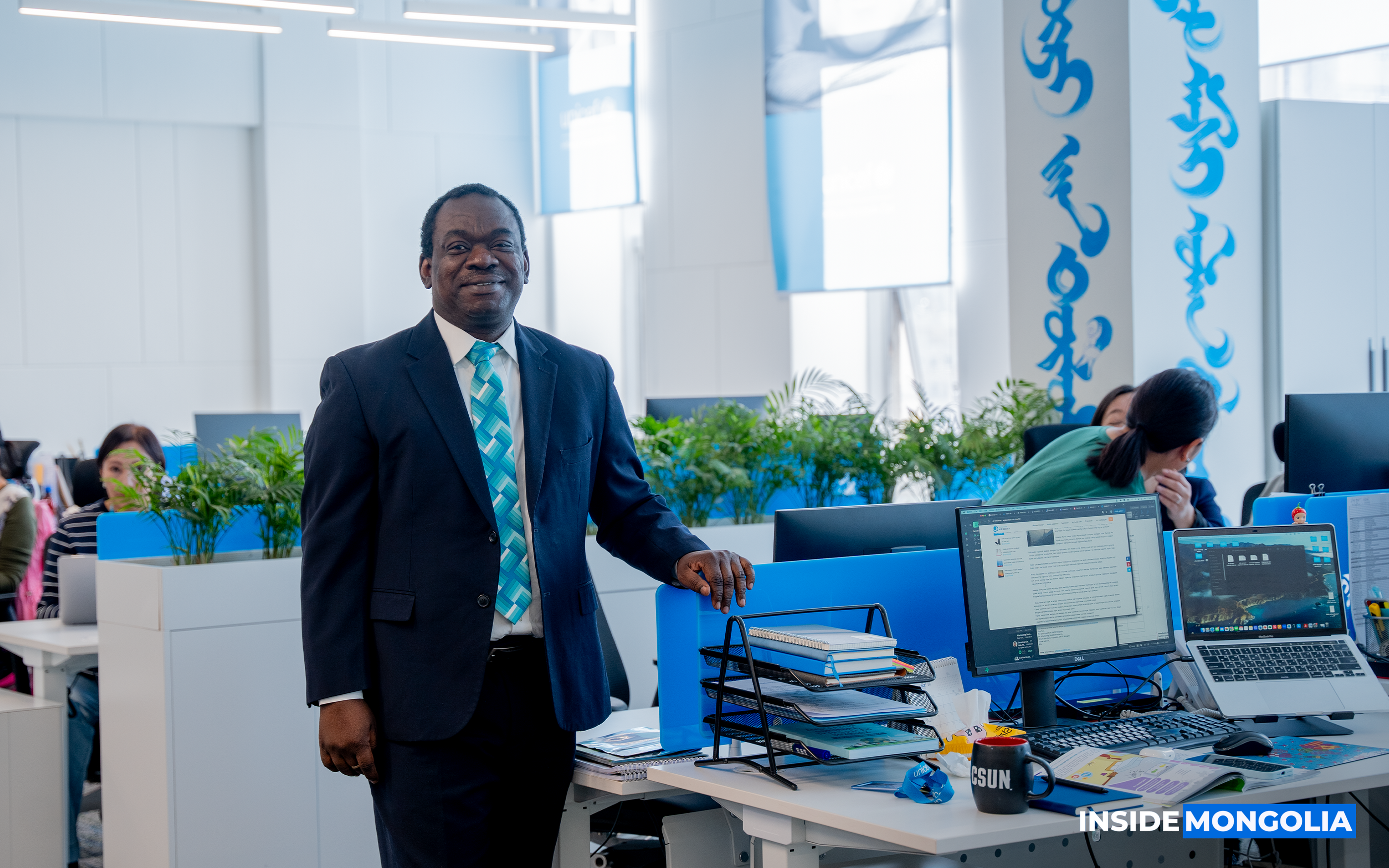

Could you share a memorable leadership experience that shaped your approach?
When I moved from Madagascar to New York 12 years ago, I took on the roles of Senior Advisor and Deputy Director for a small program unit within a larger Child Survival and Development division. At the time, our program's visibility was quite low, and one of my main objectives was to change this perception. Our goal was to turn the program into a standalone pillar within our strategic plan, with a clear and powerful vision.
Achieving this transformation involved extensive internal advocacy and communication. We worked hard to align other program directors with our strategy, ensuring they backed our vision. However, it wasn’t just about programmatic fitness, financial backing was essential. Securing a large donor was crucial to establishing the program as independent. I leveraged key relationships from my network, and before our grant system was even fully operational, we secured $120 million in funding. This milestone allowed us to create a standalone thematic program, a significant achievement for the team.
Over time, we expanded our budget threefold, driving innovation and exploring areas where the organization had not ventured before. This process was instrumental in mobilizing both internal resources and external partners to align with our vision.

What are the 3 key highlights from your career journey?
1️⃣ Regional Adviser Role: One of the most fascinating roles I’ve held was as a regional adviser. Gathering insights from multiple countries, building strong alliances across the region, and fostering innovation. A standout moment was the launching of the "Young WASH Change Makers" program during the COVID-19 pandemic. This initiative captured youth perspectives and led to creative solutions like using carbon dioxide for hand sanitizer and even transforming animal dung into paper.
2️⃣ Managing a Global Team: Another highlight was managing a global team of over 700 staff while based in New York. It presented a range of challenges, from addressing staff issues across different countries to providing placement and training support. The experience of guiding such a diverse and large-scale team was incredibly rewarding and taught me the importance of adaptability and empathy in leadership.
3️⃣ Diverse Engagements: My career has also been marked by the variety of engagements I’ve had. On any given day, I could go from visiting a kindergarten to attending meetings with CEOs or high-level authorities. This dynamic range of partnerships and interactions keeps my work fresh and engaging.
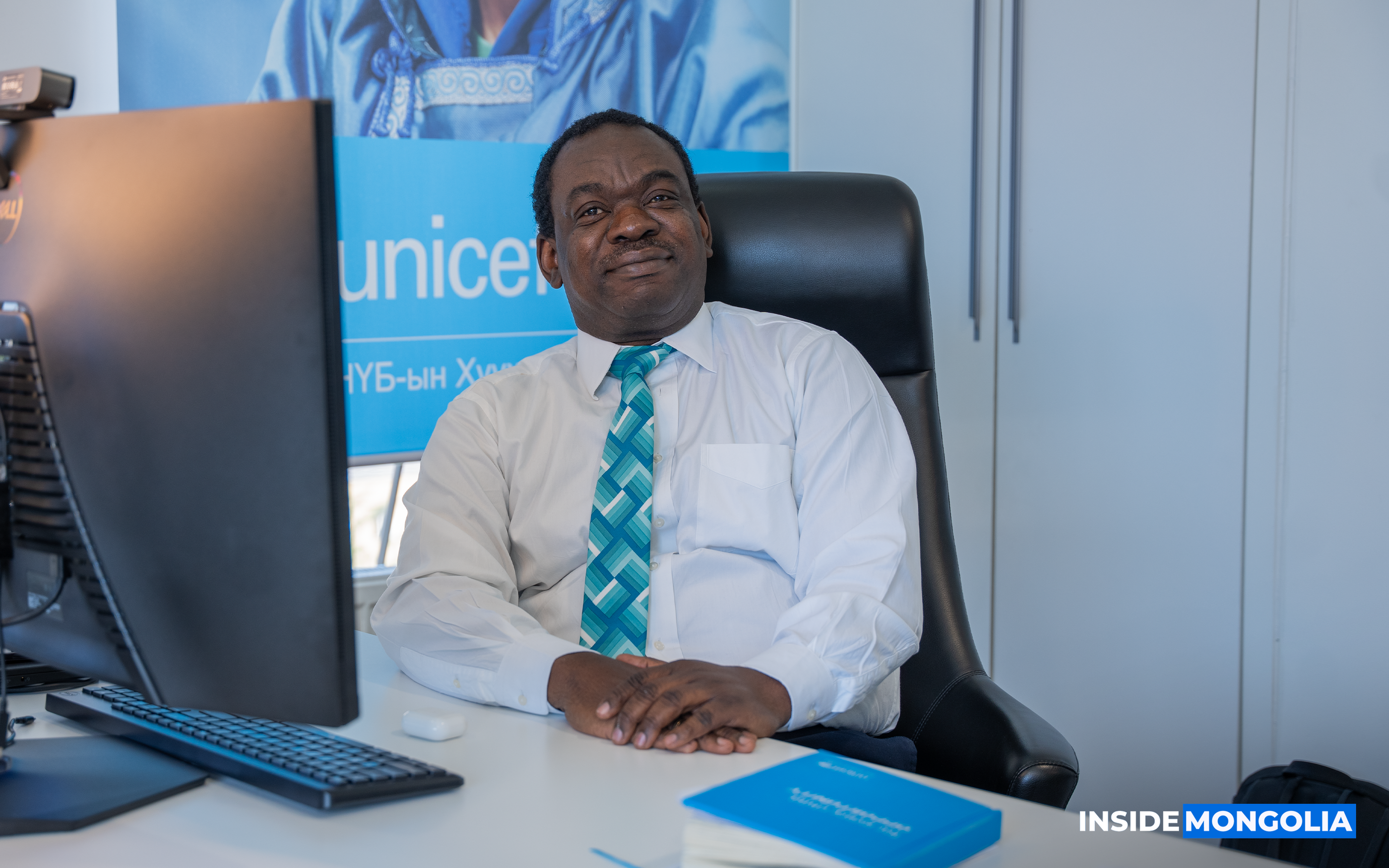
What was your most impactful investment in personal growth, and how did it shape your path?
My journey from a child with a passion for providing food to school children to my current role has been incredibly rewarding. Despite facing challenges and potential setbacks, I chose to pursue further education and diverse experiences rather than settling for immediate financial gains. Shifting from research institutions to UNICEF in 2008 marked a significant investment in my personal growth. This decision, along with continuous learning and development, has shaped my career from a specialist to a transformative leader.
How do you continue to develop and refine your skills?
Continuous learning is crucial for leadership. I regularly engage in on-the-job training, conduct self-skill gap analysis, and explore new books, videos, and training opportunities. Writing articles and Op-Eds also helps me stay centered and grow in my areas of expertise.

How many team members do you currently manage?
Currently, I manage a team of 54 individuals in my office. In previous roles, I managed over 200 people, which has provided extensive experience in leadership and team dynamics.
Who or what has had the most significant influence on your success?
After studying in the Netherlands, I interned at an organization where I met a mentor who played a pivotal role in shaping my career. He recognized early on the areas where future opportunities would emerge, and I’m incredibly grateful to have crossed paths with him. I’m also thankful for my mother, who consistently encouraged me to pursue further education. Her support has been invaluable. And my wife is truly brilliant—she constantly comes up with fresh ideas on how to improve things. She’s my ultimate leader and inspiration!
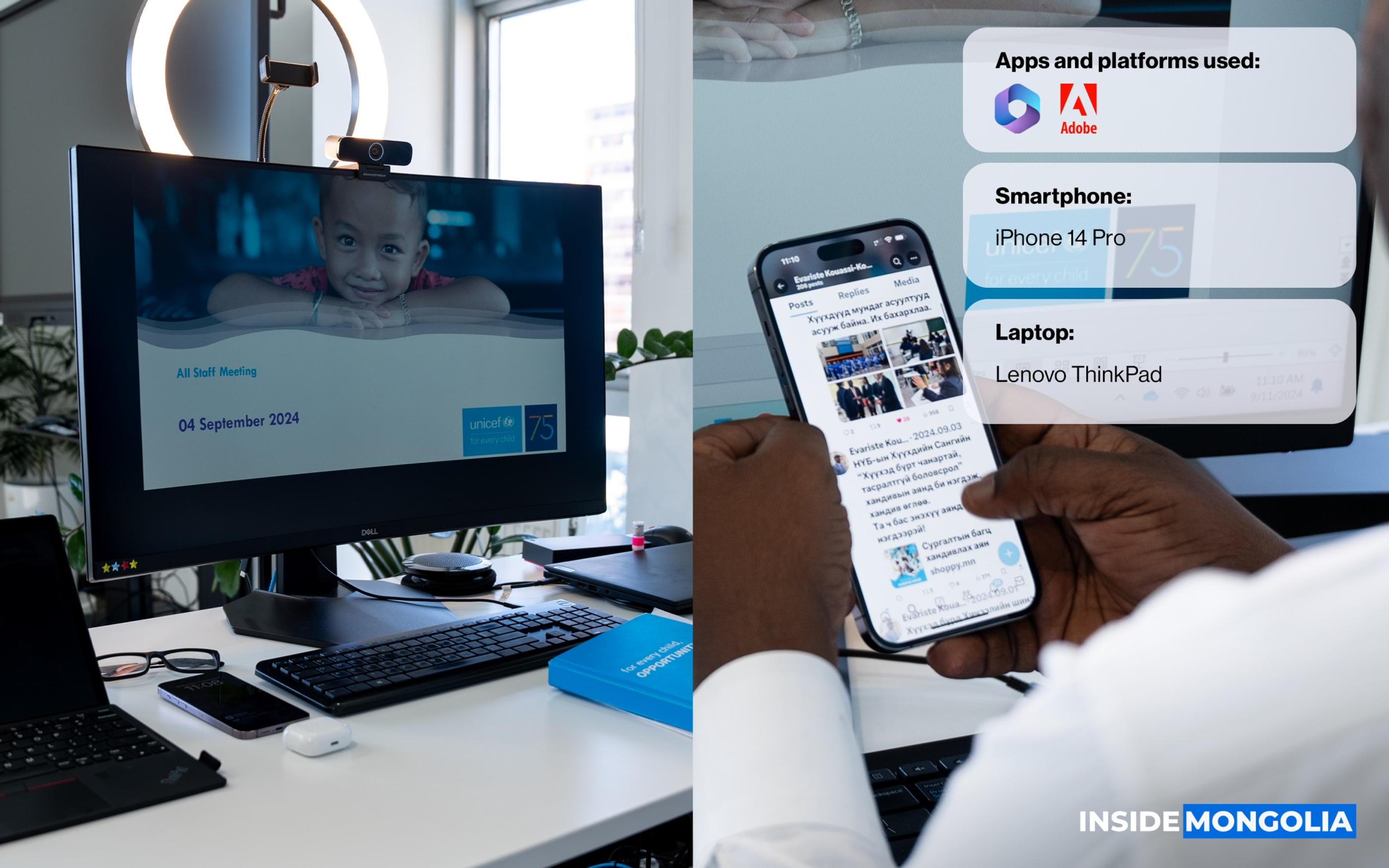

Your work know-how?
Focusing on Utility Management during my master’s degree has significantly influenced my career. I enjoy managing teams and guiding them toward excellence. Continuous reading and discussions on leadership are essential for maintaining and expanding my knowledge.
How do you prepare for an international appointment?
Preparing for an international role involves assessing both personal and professional factors, understanding the organization's needs, and evaluating how you can contribute effectively. Key steps include,
- Evaluating Organizational Needs: Understand why you're being assigned to a specific country and how your role aligns with the organization's goals.
- Assessing Personal Factors: Consider family logistics, such as education and healthcare, and adapt to the local culture and socio-economic conditions.
- Continuous Learning and Adaptability: Stay informed about local challenges and opportunities, and be proactive in finding solutions.
For instance, upon my arrival in Mongolia, I encountered a significant issue with vitamin D deficiency. By exploring local manufacturing options, we are partnering with a company in the Middle Gobi region who is willing to produce vitamin D, effectively addressing this long-standing health challenge.
This example highlights the importance of continuous learning and adaptability. A leader must be proactive in seeking out new information, understanding emerging challenges, and finding innovative solutions. In today’s world, knowledge is more accessible than ever, and leveraging this information to stay ahead of challenges is crucial for effective leadership.
What advice would you offer for managing a successful career?
My advice is to embrace continuous learning, lead by example, uphold integrity, and build trust within your team. Nurturing and supporting your colleagues and focusing on collective results is key to building a successful career.
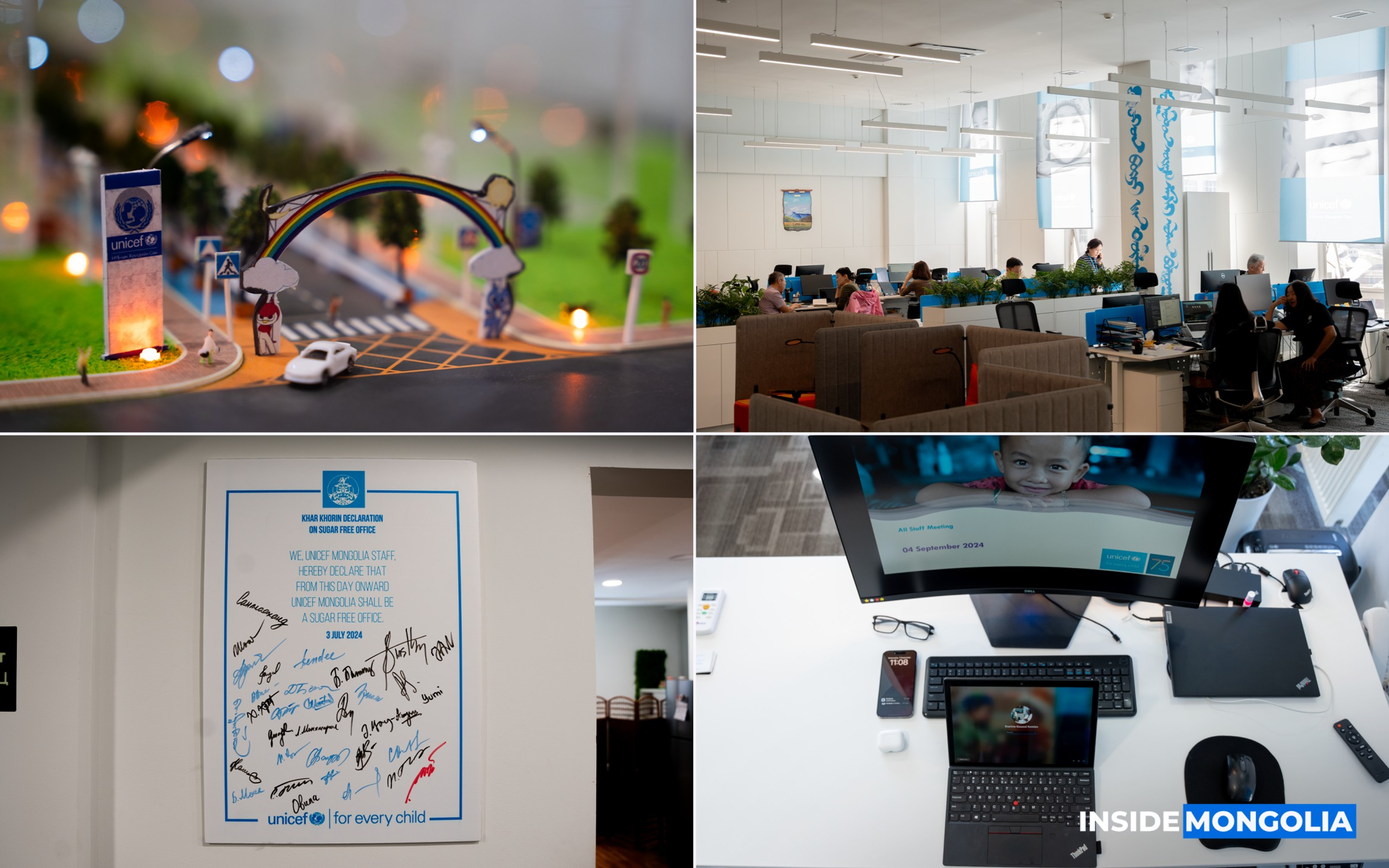

What is the book that’s always on your desk?
The book that’s always on my desk is the "Organization Programmatic Guidance" manual. It serves as a reference for procedures and guidelines.
Where do you source your information from?
I source information from organizational training, online videos, podcasts, and books written by experienced professionals. Search engines also offer valuable resources.
Could you recommend a book or a podcast that’s had an impact on you?
- “100 Things Successful Leaders Do” by Nigel Cumberland. (Link).
- “The Negotiation Book” by Steve Gates. (Link).
- “Start with Why: How Great Leaders Inspire Everyone to Take Action” by Simon Sinek. (Link).
- “Collaborating with the Enemy” by Adam Kahane. (Link)
I also follow Simon Sinek's podcasts, which offer valuable insights into leadership.
Comment